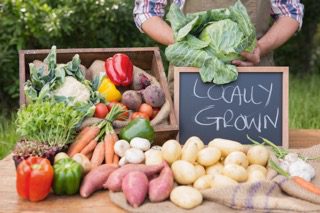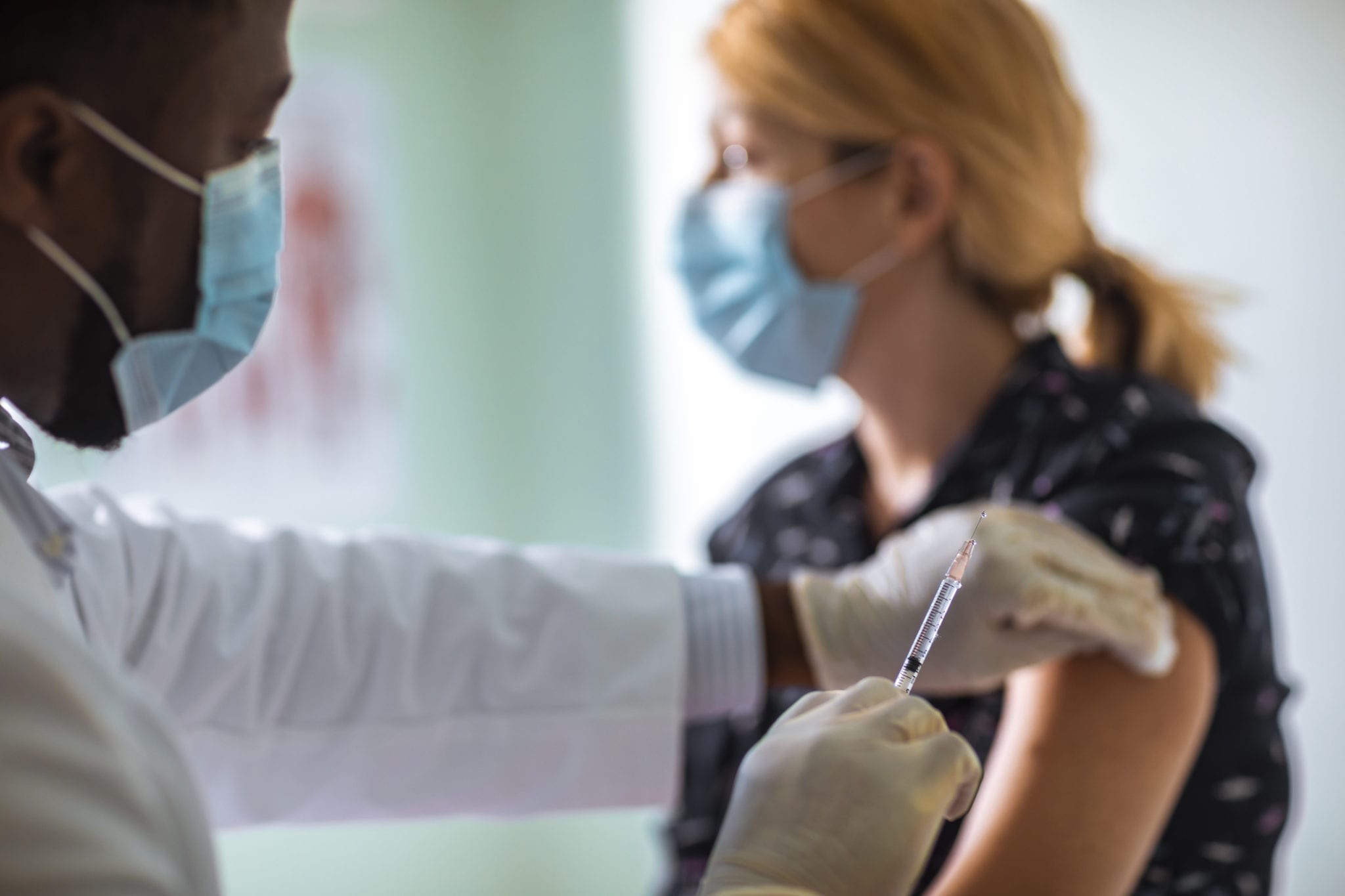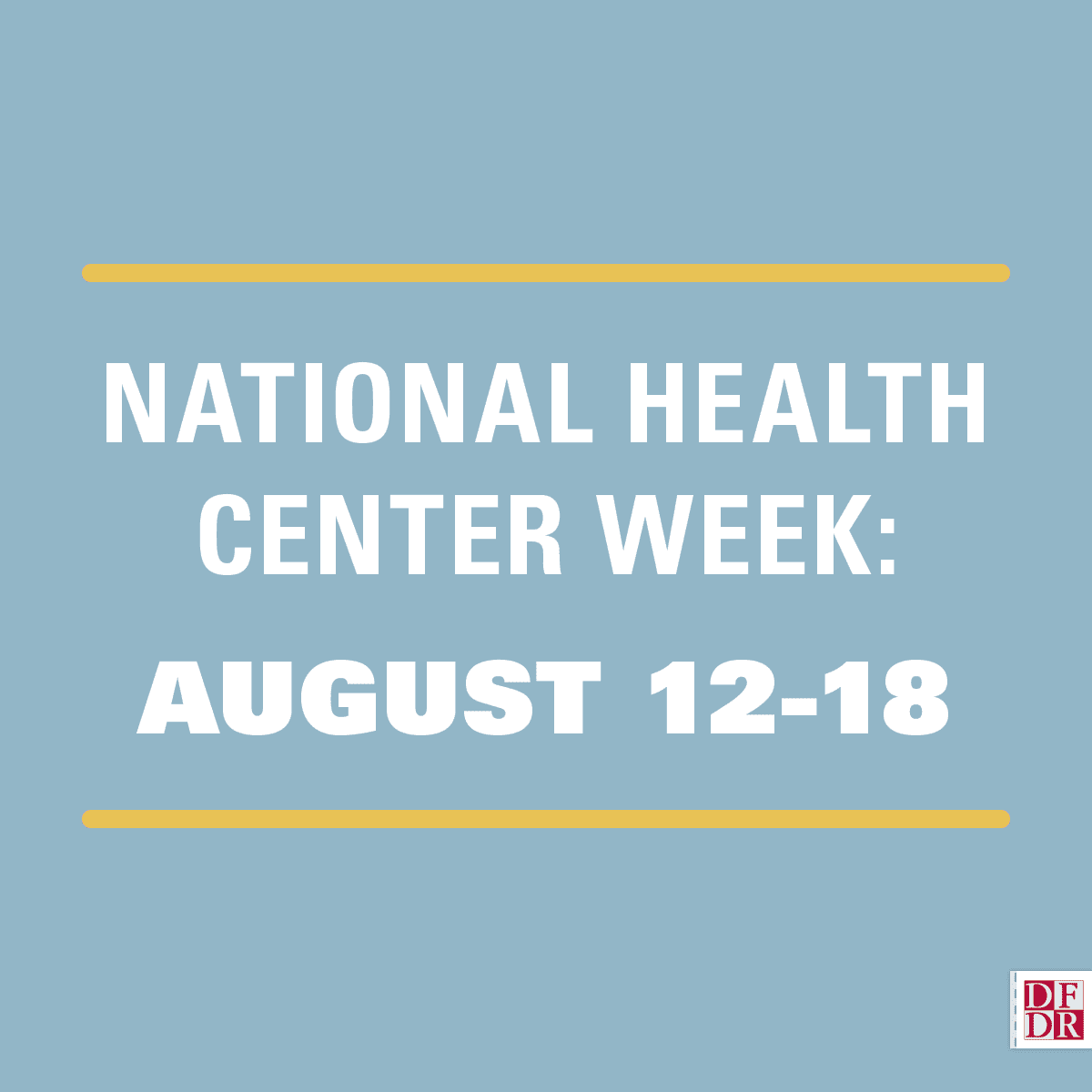
by rachael | Jun 1, 2022 | Awareness, Events, Nutrition
Fresh, unprocessed, whole foods are great sources of vitamins, minerals, and other beneficial nutrients your body needs—think vegetables straight from the garden, hand-picked fruit, and locally raised meat and dairy products. Fortunately in Maine, there are many ways...

by hanna | Oct 29, 2020 | Events, General News
November flu shot clinic open to adult DFD patients DFD Russell Medical Centers is offering a free flu clinic for its patients on Saturday, November 7 from 10am-2pm at our Monmouth, Turner and Leeds locations. Getting a flu shot lowers your risk of contracting the...

by hanna | Jul 1, 2019 | Events, General News
Community health centers are an important part of the healthcare system, serving rural and vulnerable neighborhoods. They are the providers of choice in medically underserved areas of the country. Maine is home to twenty community health centers with over seventy...

by hanna | Mar 13, 2019 | Events, General News
The University of Maine Cooperative Extension is hosting “Cooking Matters for Parents,” a nutrition education class funded by the Expanded Food and Nutrition Education Program. In this class, parents will learn how to cook new recipes, choose healthy foods, save money...

by jennie | Aug 29, 2018 | Events, General News
DFD is excited to support our communities and encourage others to walk, run or bike in support of The Patrick Dempsey Center for Cancer Hope & Healing in this year’s Dempsey Challenge. When and Where does this happen? The 2017 Dempsey Challenge takes place in...

by jennie | Jul 23, 2018 | Events, General News
This August we celebrate National Health Center Week to raise awareness of the important role health centers play in our communities. Health centers serve 27 million patients in the United States, which is about one in fifteen people who utilize health centers as...






